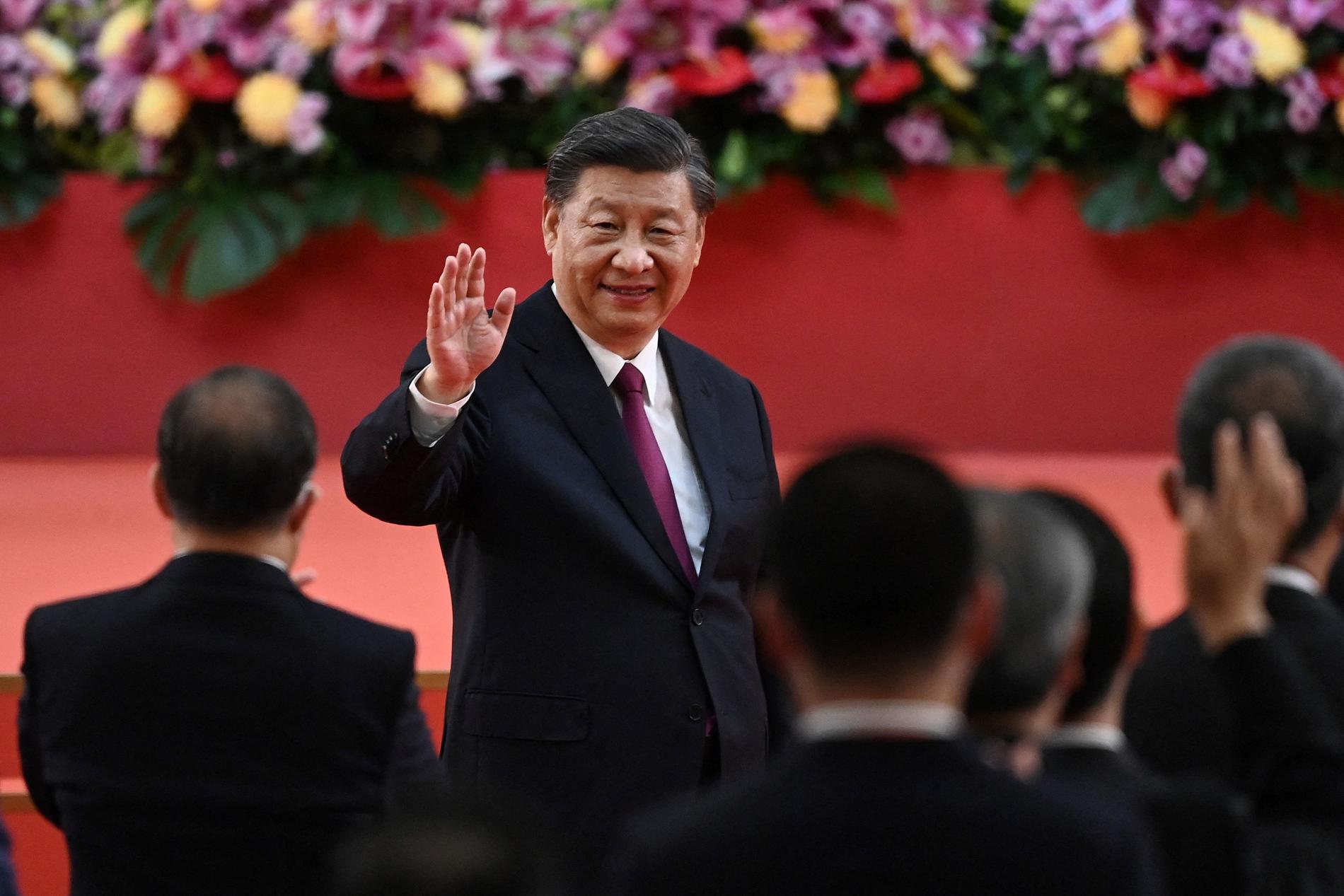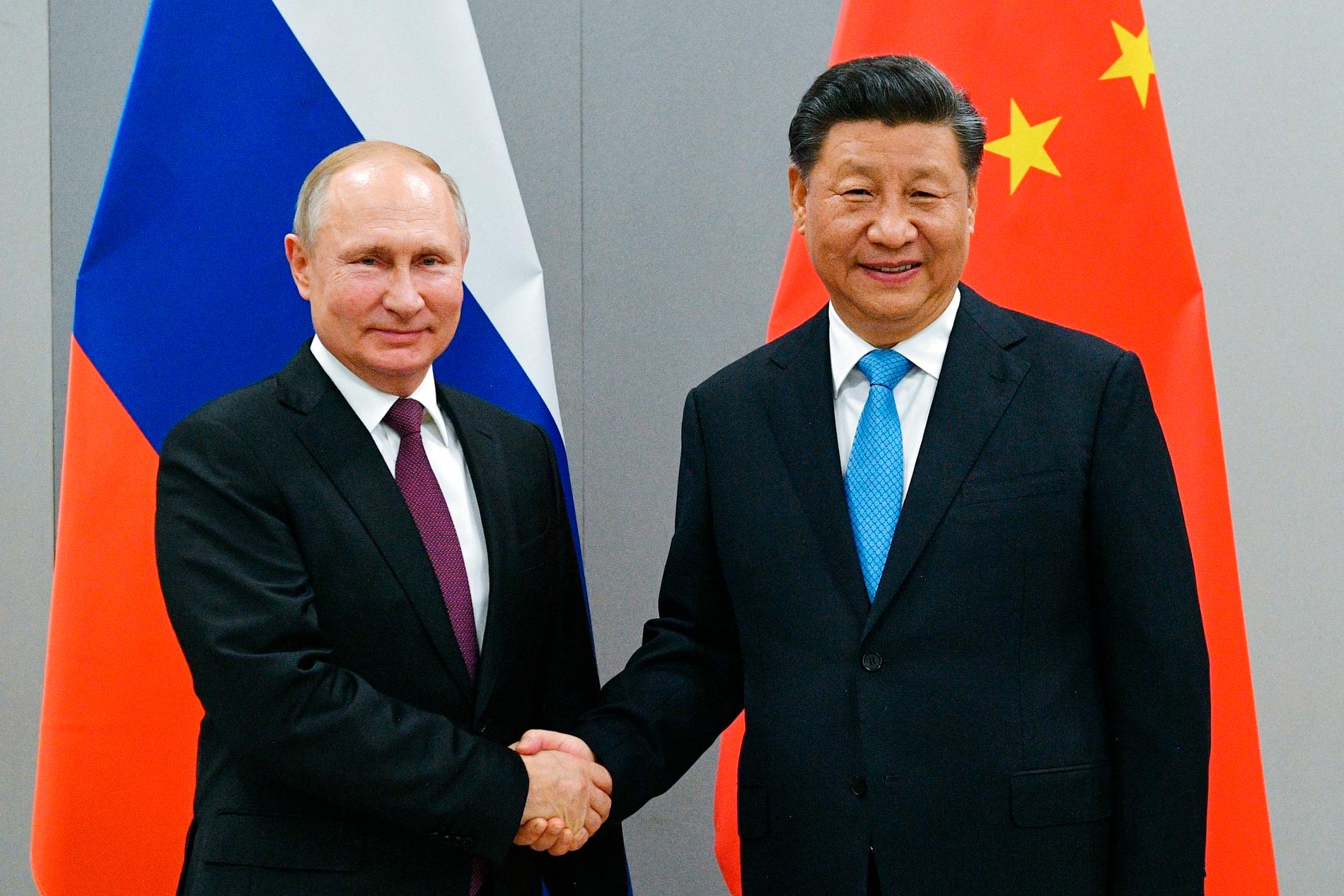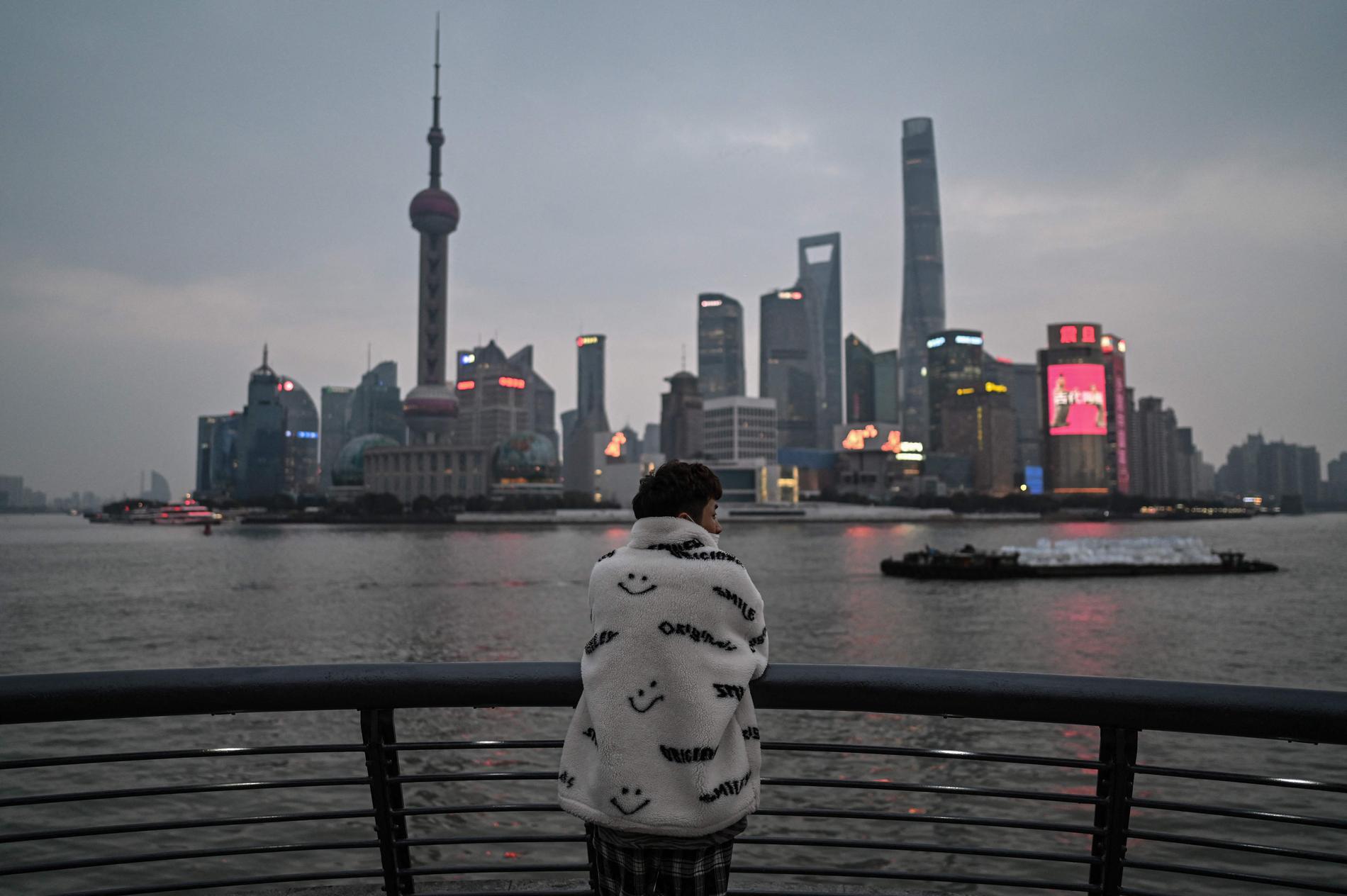
Chinese growth fell sharply in the second quarter of this year – and it could get worse.
Less than 20 minutes ago
–
The economy is going badly when you shut down society due to corona, and a troubled housing market is about to give the world’s second largest economy new gray hairs.
The entire property market is shaken, because home buyers refuse to pay on their mortgages before the developers have completed the apartments.
It will involve hundreds of thousands of home buyers in at least 80 Chinese cities.
The boycott is spreading via the Internet.
People are worried because real estate developers are struggling to complete their construction projects. This of course creates new turbulence in a country where the property market is already struggling.
According to Bloomberg, the authorities are now censoring social media with posts and documents showing how many people are boycotting their mortgages and which construction projects are delayed.
In China, it is common for buyers to pay in advance for unbuilt apartments, as a kind of interest-free loan to property developers.
 –
–Now Bloomberg writes that the regime is considering granting an “amnesty” so that the borrowers are not punished if they delay paying the loan until the homes are delivered.
The fear for Beijing is of course whether this could lead to social unrest.
And said Bloomberg goes on comment space going so far as to say that “this is reminiscent of Lehman Brothers”.
The words “Lehman Brothers” send chills down the spines of far more people than Belarusians. They were the symbol of the global financial crisis in 2008.
So the question is what happens in the longer term with China.
After the market economy was unleashed in 1978, China quickly became one of the world’s most sought-after countries for producing goods – due to a large supply of cheap labor.
For several decades, China has contributed strongly to the economic growth of the world.
President Xi Jinping is facing problems that go much deeper than the fact that the economic growth is unlikely to be as he has promised.
For India is expected to replace China as the most populous country in the world as early as next year. They have 1.41 and 1.43 billion people respectively now.
And while demographics aren’t everything, the outlook for China isn’t particularly good. The number of newborns decreased in 2021 for the fifth consecutive year.
It was a young population that once made China’s economic boom possible. But now there are more people leaving the labor market than entering it. It is an aging population.
For several reasons, China is also not an attractive country for immigrants – unlike many European countries.
Experts now compare China with Japan, which after great growth was hit by economic stagnation in the mid-1990s.
 –
–Demography researcher Paul Morland says in an interview with Spiegel that China had no need at all to implement the one-child policy, which was introduced at about the same time as the market economy. He says that the birth rate had already fallen sharply. Now China has too few children. The population is aging rapidly – and will eventually shrink.
The economic website Bloomberg writes that President Xi Jinping, who has drawn foreign capital into China’s markets for years, is now contributing to investors fleeing China.
They cite corona shutdowns, unpredictable regulations, a shaky property market and Xi’s flirtation with Russian President Vladimir Putin as reasons why China is no longer so interesting.
It is a dramatic turnaround for a market that has been a magnet for investors from all over the world, that has experienced sky-high growth and that just over ten years ago advanced China to become the world’s second largest economy.
 –
–Xi and his government imposed a series of restrictions last year. It led to mistrust and confusion about the Communist Party’s goals – and losses for shareholders.
At the same time, good economic growth is crucial for the legitimacy of the communist regime, which for more than 40 years has operated a special balancing act between a one-party state and a market economy.
The growth has been adventurous, but has also had its price. The desire for economic growth at any cost has led to increased inequality, especially between the countryside and the cities. It has also resulted in major environmental damage.
The Chinese authorities are well aware of these problems and are trying to counter them. But the demographic changes are a given.
Growth has not led to democracy in China, but perhaps the downturn will?
The economic upswing has meant that people have seen through their fingers with the totalitarian government. If there is now a downturn, the pressure on the regime will probably be greater.
The housing market is thus becoming a headache. In some places, the house buyers have tried to get their purchases refunded from the developers.
Elsewhere, people have stopped paying their mortgages in the bank before the builders have actually completed the homes. Bloomberg wrote last week that the Chinese authorities are trying to censor documents that show how many people refuse to pay their mortgages before the home is delivered.
A collapse in the housing market is of course something Beijing wants to avoid at all costs. Therefore, the authorities will probably go to great lengths to appease angry home buyers.
–

